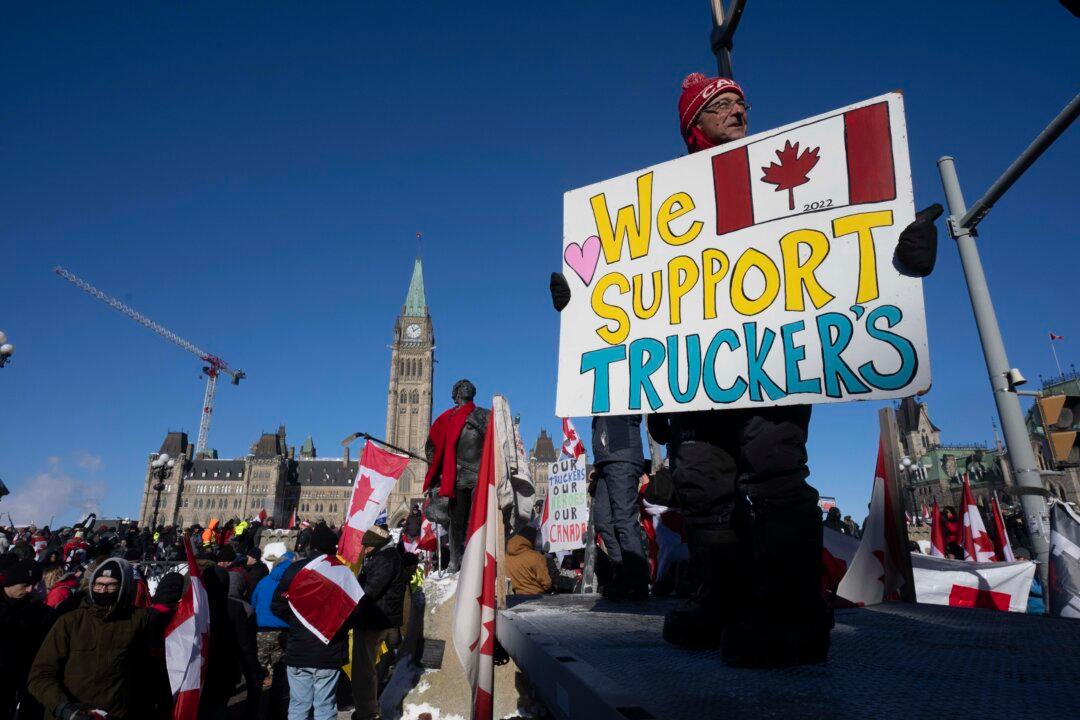Dean French, who negotiated with leaders of the Freedom Convoy earlier this year, said the Liberal government didn’t give enough time for a peaceful resolution to transpire before invoking the Emergencies Act to have the protesters removed by force, even though an agreement for the convoy to leave was reached.
“This was a black mark on Canadian history. History will show this was a total overreaction ... and the inquiry is going to show that as well,” French told CBC’s Vassy Kapelo in an interview on Aug. 17.





